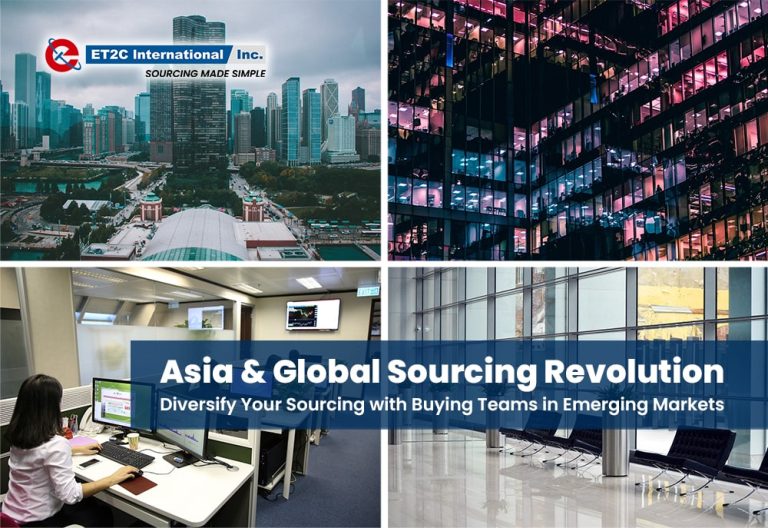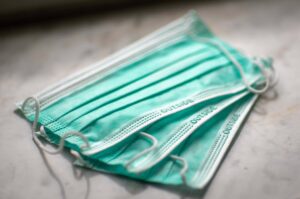Textile and Garment Industry Growing Sourcing in Ethiopia
Ethiopia’s sourcing opportunities for companies in the textiles and garments industry have been steadily growing, reaching $171m in exports, but it has taken a major hit from the onset of the pandemic followed by the Tigray civil war in the north. Will it be able to weave its way back to its former glory?
Located in the Horn of Africa, landlocked bordered by five countries and split by the huge Rift Valley. Ethiopia is Africa’s oldest independent country, a founder member of the United Nations and the has the second-largest population (after Nigeria) of over 122m people
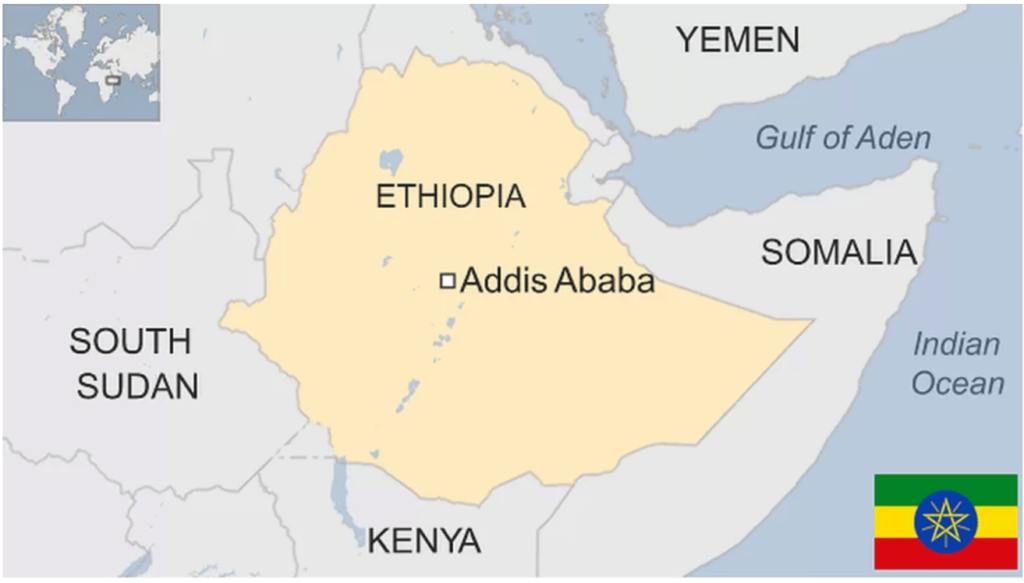
Ethiopia is still the fastest growing economy in the region, with 6.3% growth in FY2020/21. Over the past 15 years Ethiopia’s economy has been one of the fastest growing in the World averaging over 9%.
Exports dropped to $140m in the first year of the pandemic alongside the start of fighting in the Tigray region in 2020. However, the biggest blow came from US-imposed sanctions in January 2022. Ending Ethiopia’s preferential market access under the Africa Growth and Opportunity Act (AGOA) has deprived the industry of its biggest client (80% of textile exports).
Industrialisation and free trade
Few countries in Africa have been bolder and more focused in recent years than Ethiopia. The origins of this orientation towards Industrialisation can be traced to the country’s Agriculture Development-Led Industrialisation (ADLI) strategy, which was developed in the mid-1990s. Its aim was to enable Ethiopia to make initial gains in industrialisation through robust agricultural growth and linkages between the agriculture and industrial sectors.
The Ethiopian government heavily invested in transitioning from an agriculture-based economy to an industrialised one to attract the private sector.
“We initially produced plastic shoes in 1993 but switched to textile in 2008 and expanded to garments in 2012. The plastic industry was saturated, [so] government incentives encouraged investment in horticulture and textile,” Eyob Bekele, Desta Garment’s general manager, tells The Africa Report.
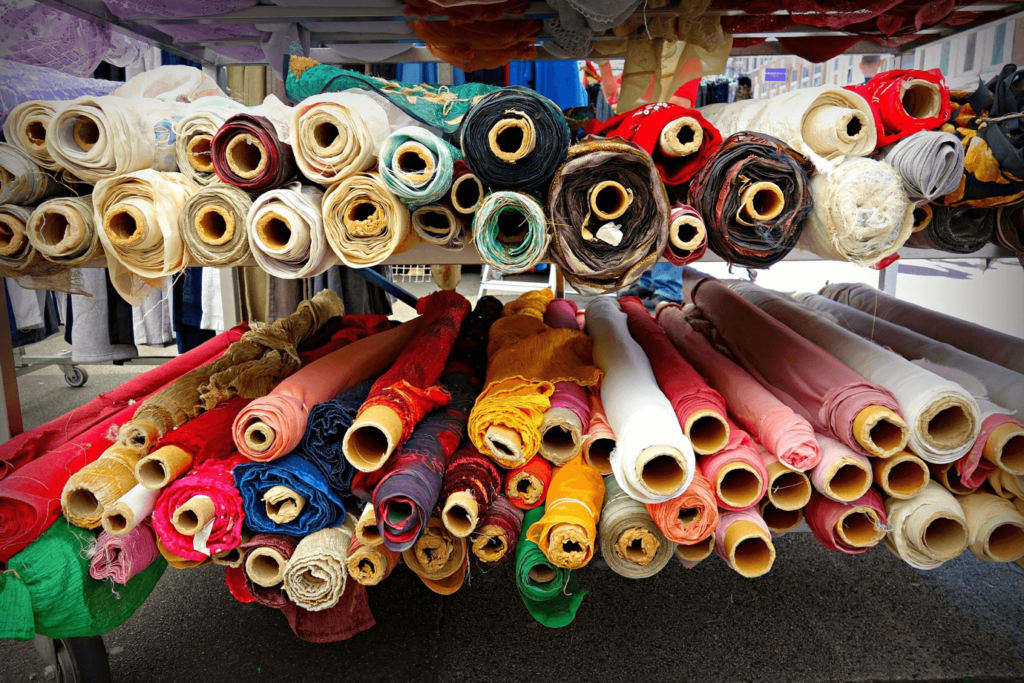
Ethiopia has more than 65 international investment projects under its name. The Ethiopian government has initiated several design incentives to accelerate this sector. It is proving to be a boon for the apparel marketers.
Textile Production in Ethiopia
Ethiopia has a long history of textile production. Nowadays, it is a booming sector for marketers to conduct sourcing activities in Ethiopia. A range of factors contribute to Ethiopias success as a centre for textile production
Various factors made this country a prime apparel sourcing destination. This country has a wide availability of raw materials under its name. This easy access to resources is intriguing modern-day apparel marketers at large.
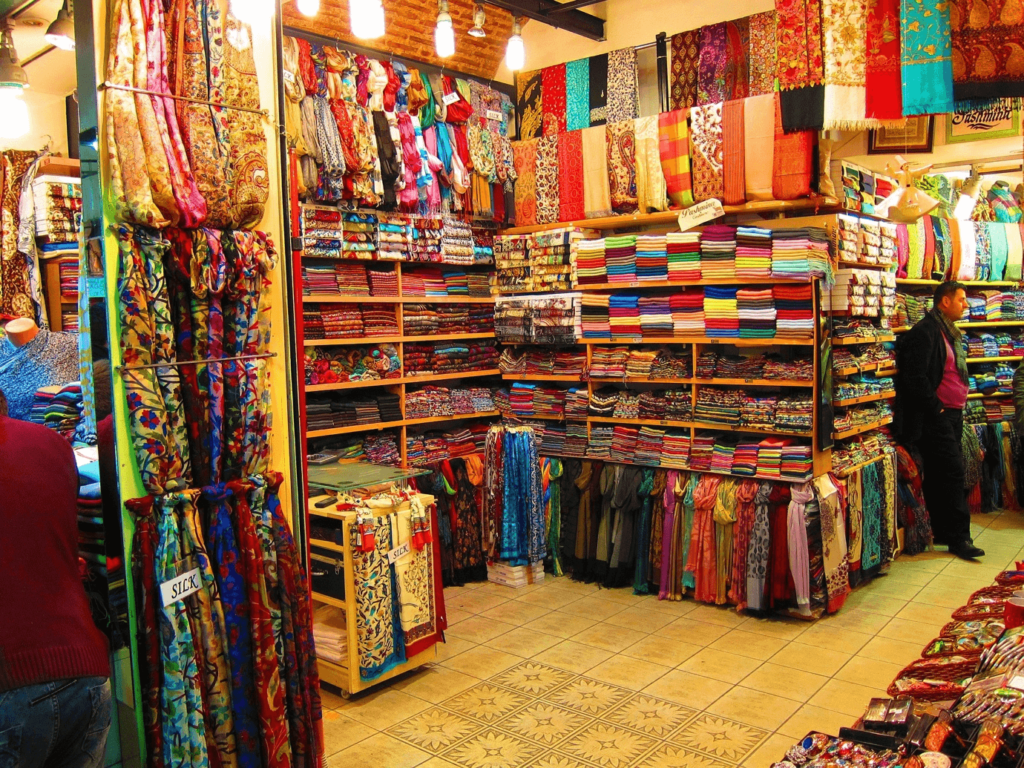
In the last 6 years, the textile and apparel industry of Ethiopia has shown huge progress. This recent surge in the apparel production made Ethiopia a prime garment exporter to the foreign markets. It is indeed promising for brands, retailers, and suppliers.
Ethiopia is very likely to become a middle-income country by the end of 2025. Delivering on a key objective of the Ethiopian government.
The government of this country is taking every step to make the apparel sector more globally competitive.
The Ethiopian government is addressing the necessary structural reforms to reshape the country’s economy. Their ambition is to create thousands of jobs while attracting foreign currencies at large. The long term goal being to reduce the poverty of the country.
The Growth and Transformation Plan 1 and 2 outline a plan to create 15 export-geared, world-class, and eco-friendly industrial parks. All these parks should have a well-built infrastructure, safety options, and low carbon emissions. Many parks also enjoy Government facilities on site to support Banking, Import and Export licenses and Customs Clearance.
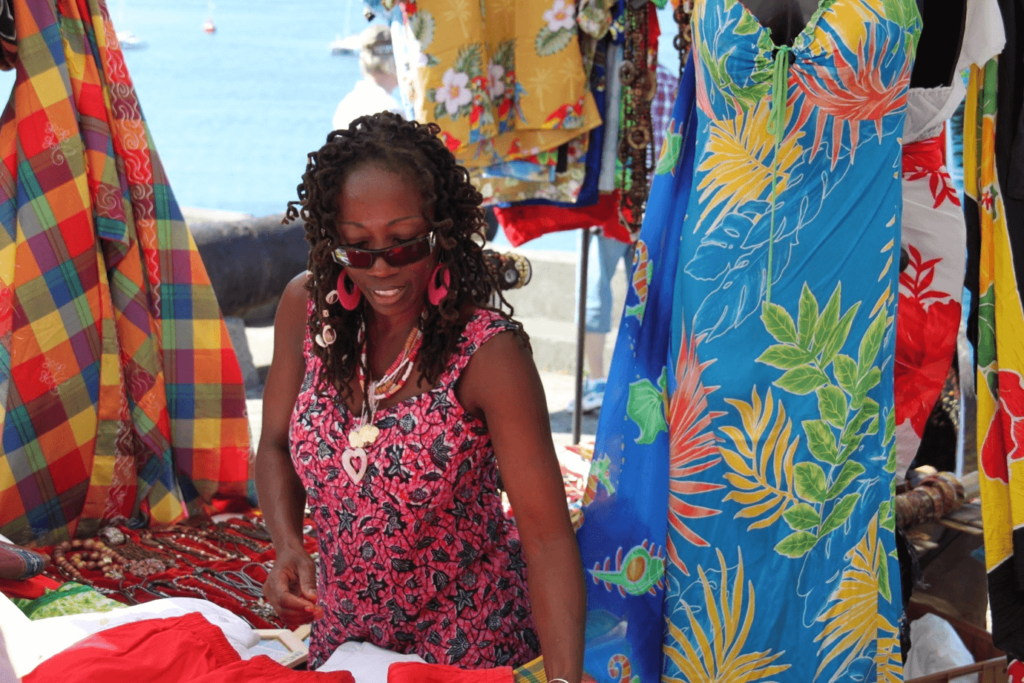
Chinese Investment in Ethiopian Development
China has invested heavily in Ethiopia alongside five other resource-rich countries – Nigeria, South Africa, Kenya, Ghana, and Tanzania. China supports Ethiopia in playing a greater role in international and regional affairs and stands ready to communicate and cooperate with Ethiopia. Support includes building the Addis Ababa-Djibouti electrified railway, also known as the Ethiopia-Djibouti railway, the first trans-boundary railway on the African continent.
These deep ties have helped develop Ethiopia’s infrastructure to be able to support economic growth and have seen significant investment by Chinese companies. Currently, there are about 400 Chinese construction and manufacturing projects in Ethiopia, valued at over $4 billion.
- Abundant workforce
Ethiopian has a large population and skilled workforce who provide a relatively inexpensive labour force
- Strategic location
Ethiopia’s location on the Gulf of Aden allows fast access to Northern European ports. Reducing potential transit from Asia by over 11,000 Km.
Djibouti to Rotterdam 8,577 km
Shanghai to Rotterdam 19,600 km
- Infrastructure investment
Ethiopia has invested in road and rail. Particularly the rail link to the neighbouring country Djibouti which provides deep water sea port access to Europe and North America.
- Duty free access to the European Union & USA
Ethiopia enjoys duty free market access to both the EU and USA under the terms of the African Growth and Opportunity Act (AGOA) EU Africa trade
- Agricultural development & Access to Raw Material
Ethiopia is a cotton growing Nation with access to large amounts of additional cultivatable land. Climatic conditions are ideal for cotton development and there is good access to Hydro-energy for factories.
Summary
Ethiopia should be a destination on every Sourcing Teams list for review as an apparel or textiles supplier. As a strategically well-placed country, with both a strong agricultural sector, freed trade agreements and good infrastructure links. It should be a country on every
ET2C Is a global sourcing company with over twenty years’ experience working with our clients to deliver their Sourcing Strategies. Our offices in seven countries ensure you always have a team on the ground to be your bridge to your Offshore suppliers.
If you would like to explore sourcing opportunities within Ethiopia or to discuss your future supply chain challenges.
Please contact us at contact@et2cint.com
